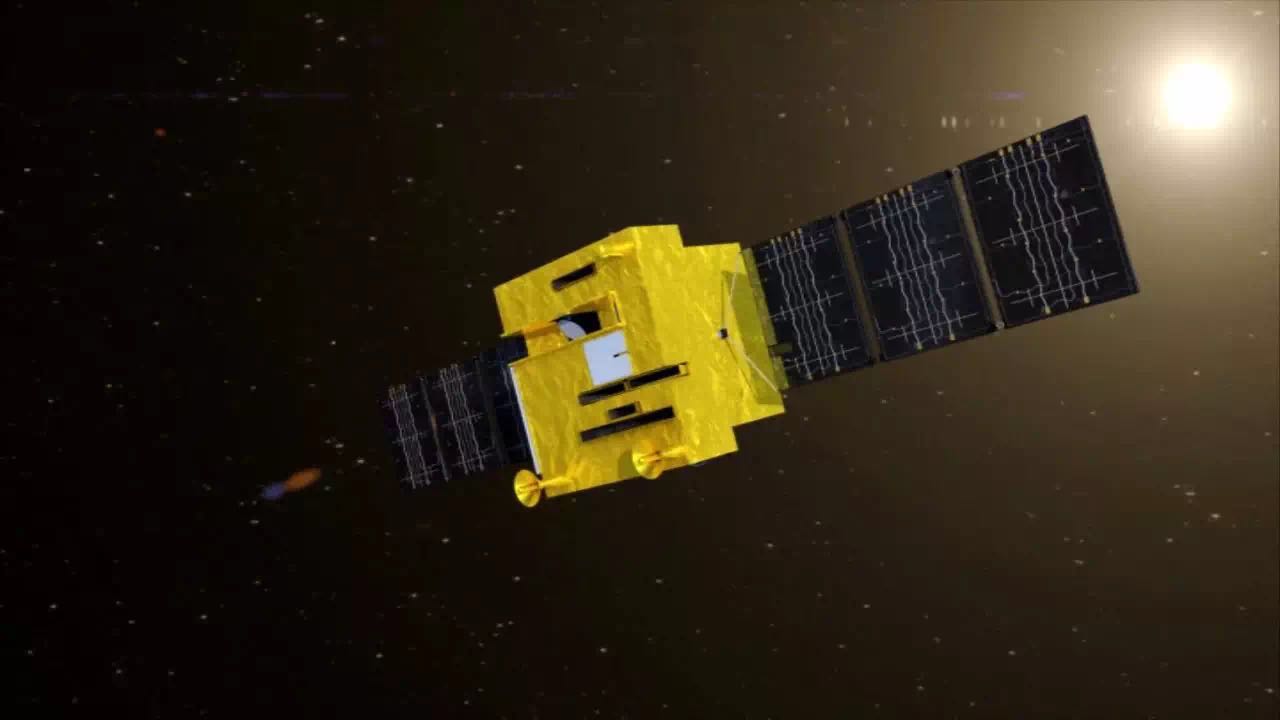News Center
China launches new marine satellite
September 07, 2018
China sent a new marine satellite into orbit Friday to help improve understanding of maritime waters and climate change.

A Long March-2C rocket carrying the HY-1C satellite took off at 11:15 a.m. from the Taiyuan Satellite Launch Center in north China's Shanxi Province.
The satellite HY-1C will help monitor ocean color and water temperatures, providing basic data for research on the global oceanic environment, according to the State Administration of Science, Technology and Industry for National Defense.
Its data will also be used in the survey of the resources and environment of China's offshore waters, islands and coastal zones, marine disaster relief and the sustainable utilization of ocean resources, said the administration.
With a design life of five years, it was developed by the China Spacesat Co., Ltd. under the China Academy of Space Technology.
China launched its first marine satellite, HY-1A, in May 2002, laying the foundation for a ocean monitoring system. Then the HY-1B satellite was launched in April 2007.
HY-1C is expected to improve China's ocean remote sensing capability, along with HY-1D, which is planned to be launched in 2019.
HY-1C can detect chlorophyll and suspended sediment concentrations and dissolved organic matter, which can affect ocean color, as well as temperatures on the sea surface, said Wang Lili, chief designer of the satellite.
The data will help survey fishery and aquaculture resources and environments, offering a scientific basis for reasonable exploitation and utilization of marine resources, experts said.
Scientists will also use the data to study global environmental changes, the role of the oceans in the global carbon cycle and the El-Nino phenomenon.
Friday's launch was the 284th by the Long March rocket series.
